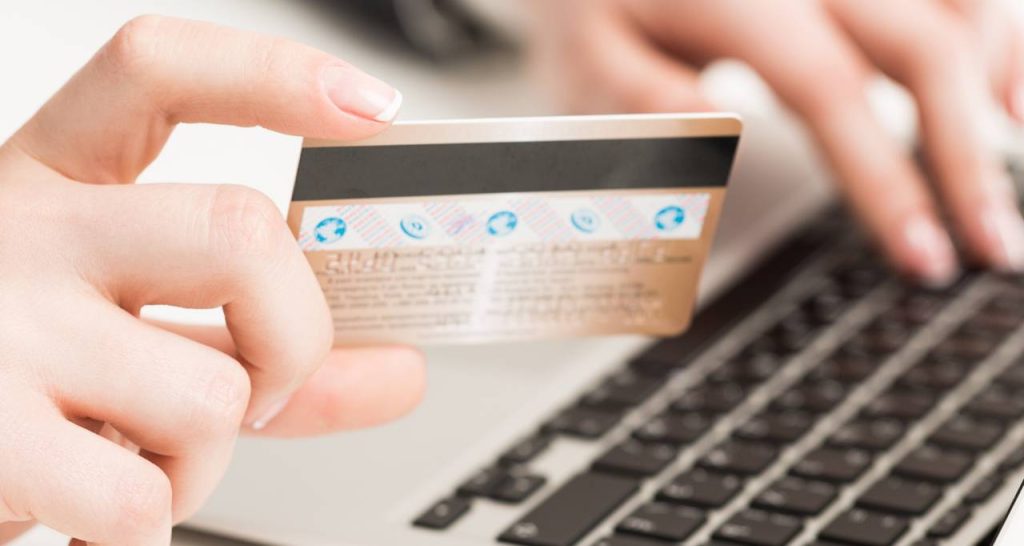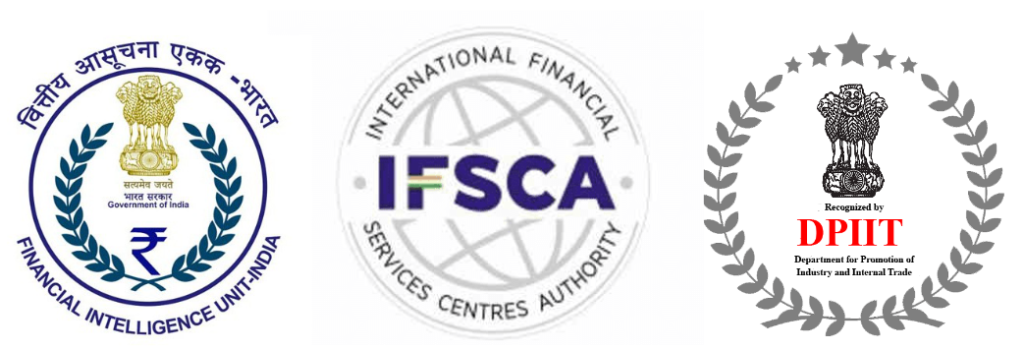Business transactions involving transfer of money, funds or assets have been carried out in various ways in the past. These include online banking portals, drafts, money orders, cheques, UPI and cards. Among these the most frequently used payment mode is the usage of cards issued by banks and rightly so because they are easy to use. But with the advantages of the Escrow payment system, which provides highly secure transactions and the luxury of protection from frauds, the utilization of cards is steadily declining, especially for business deals.
However, before opting for any of the above mentioned methods of payment one must understand the way in which a particular method works, the pros and cons of it, and then make an informed decision regarding the use of that particular payment method.
The different types of cards are as follows
A credit card is used to purchase something by taking money on credit from the issuing bank. You are required to pay it back within a stipulated due date failing which a certain amount of interest is charged on the borrowed money.
A debit card is linked to the savings account of an individual and when this card is swiped the amount is subtracted from the persons account.
A prepaid debit card is a type of a banking card that allows you spend the money that you have previously loaded onto the card. You spend on your own wish and limits.
An E-wallet is an electronic card used like a credit or debit card for online transactions. An E-wallet is linked to a prepaid account where the user can store money for online transactions.
An Escrow based transaction is a type of payment where 3 parties are involved. The main players in an Escrow based payment is the buyer, the seller and a financial instrument i.e. an Escrow account which belongs to a third party. In an Escrow based transaction the buyer makes the payment to the Escrow account, which notifies the seller that the payment has been received. After receiving this notification, the seller dispatches the goods to the buyer and shares the tracking details with Escrow which ensures the safe delivery of the merchandise to the buyer. After confirming the receipt of the merchandise the buyer has a stipulated number of days to do the quality check of the merchandise and accept or reject it on the same basis. After the merchandise has been accepted by the buyer Escrow releases the payment to the seller party.
How Escrow Based Transactions are way better than traditional payment methods?
Since online transactions can be risky, they make an ideal platform for the utilization of Escrow based payments. This method of Escrow based transactions is not only secure like card payments but also provides guaranteed protection to not just the buyer but also the seller. Due to this it is emerging as a unique and preferred mechanism of payment in most business deals. Startup companies and new businesses can use the Digital Escrow platforms to minimize risk in relation to procurement, professional services and supply chain.








